6 January 2025
When it comes to golf, the right clubs can make all the difference. Whether you're just starting out or you've been playing for years, having the perfect set of golf clubs tailored to your needs can significantly impact your game. But with so many options out there, how do you know which clubs are right for you? It's like being a kid in a candy store—so many choices, and you're not sure which will give you the best experience.
In this guide, we're going to break down everything you need to know about buying golf clubs. From understanding the different types of clubs to knowing what factors to consider, we'll help you make a confident, informed decision. So, let's dive in!
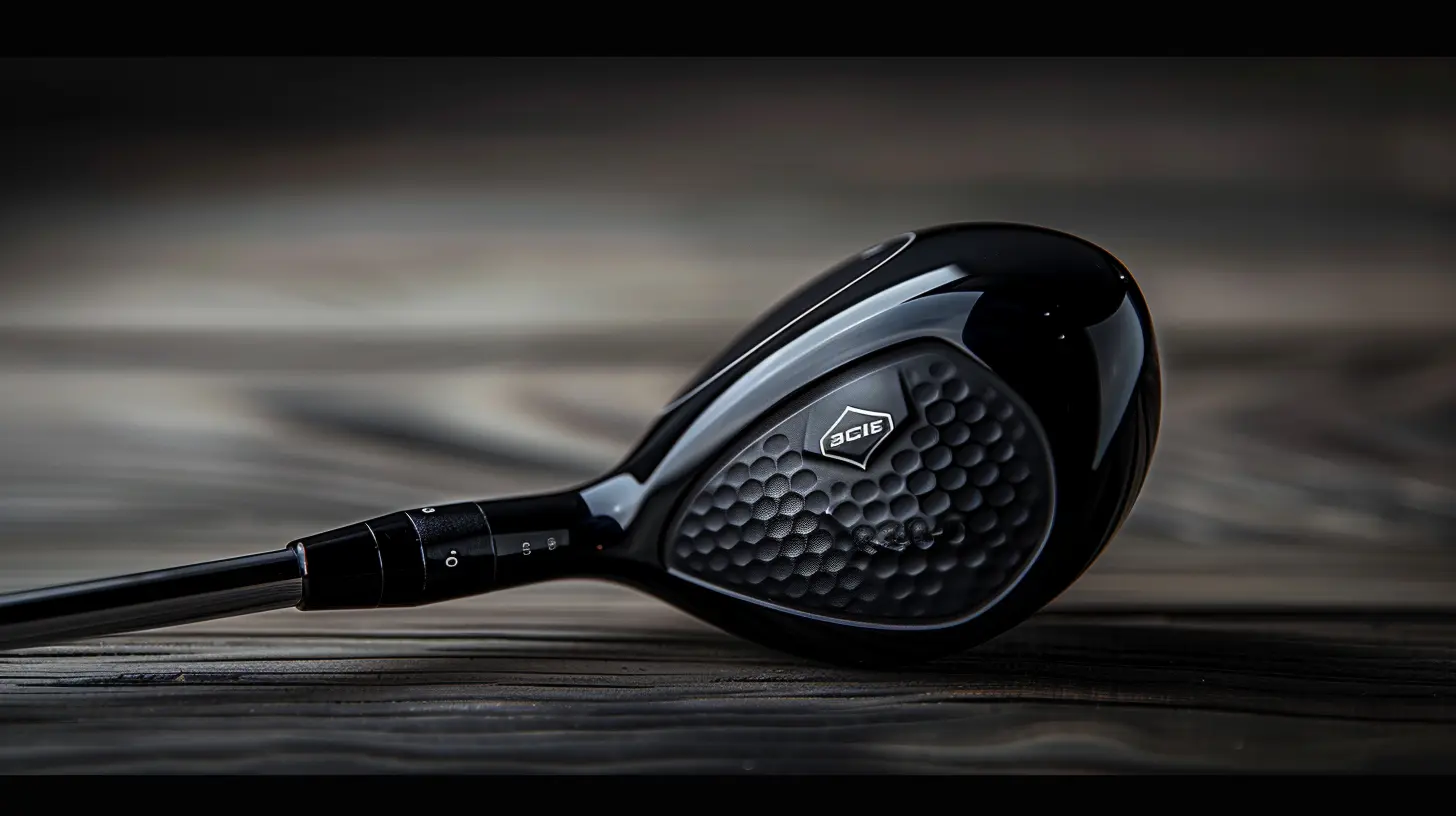
Understanding the Different Types of Golf Clubs
First things first—you need to know that golf clubs aren't all the same. There are several types, each designed for specific situations on the course. If you're new to golf, this can be a little overwhelming, but don’t worry; we'll simplify it for you. Here's a quick rundown.Drivers
The driver is typically the longest club in your bag and is used for tee shots. It's designed to hit the ball as far as possible. The large clubhead and long shaft can make it a little tricky to control, especially for beginners, but once you get the hang of it, it’s a game-changer.Pro Tip: If you're just starting out, look for a driver with a larger "sweet spot." This will be more forgiving, helping you hit straighter shots even if you don’t strike the ball perfectly.
Fairway Woods
Fairway woods are versatile clubs that can be used both off the tee and on the fairway. They tend to have smaller heads than drivers but offer more control. They're great for longer shots when you're not using a driver.Pro Tip: A 3-wood or 5-wood is a good starting point for most golfers. These clubs offer a good balance of distance and accuracy.
Irons
Irons are your go-to clubs for most shots between 100 and 200 yards. They come in numbered sets, typically ranging from 3 to 9. The higher the number, the more loft the club has, which means the ball will fly higher but not as far.Pro Tip: Beginners might want to start with a set of cavity-back irons. These are more forgiving and easier to hit than traditional blade irons.
Wedges
Wedges are specialized clubs designed for short approach shots, chips, and getting out of bunkers. The most common types are the pitching wedge and sand wedge. These clubs have a lot of loft, helping you get the ball airborne quickly and land softly on the green.Pro Tip: Don't underestimate the importance of a good wedge! A solid short game can save you strokes and make up for mistakes made earlier in the hole.
Putters
The putter is arguably the most important club in your bag. It's used on the green to tap the ball into the hole. While all putters may seem the same at first glance, different shapes and designs can significantly affect your putting accuracy.Pro Tip: Test out different putters to find one that feels right for you. The weight, balance, and grip are all factors that can influence your putting stroke.

Key Factors to Consider When Buying Golf Clubs
Now that you have a basic understanding of the different types of clubs, let’s discuss the key factors you should consider when choosing your set. It’s not as simple as picking the most expensive set or the ones that look cool. You have to think about your own game and what will help you improve.Skill Level
This is perhaps the most important factor to consider. If you're just starting out, you don't need a set of high-end, professional-grade clubs. In fact, many beginner-friendly options are specifically designed to make the game easier for you. As you improve, you can gradually upgrade your clubs to match your skill level.Beginner Tip: Look for clubs labeled as "game improvement" or "super game improvement." These are designed to be more forgiving and will help you hit better shots even if you aren't striking the ball perfectly.
Club Fitting
If you’re serious about improving your game, getting your clubs fitted to your body and swing style is a must. A custom fitting can help you find the correct shaft length, clubhead size, and grip thickness, all of which can affect your performance.Think of it like buying a suit off the rack vs. getting one tailored. Sure, the off-the-rack suit might look good, but the tailored one will feel like it was made just for you—and it’ll probably help you look better, too!
Shaft Material
Golf club shafts come in two main materials: steel and graphite. Steel shafts are heavier and offer more control, while graphite shafts are lighter and can help you generate more swing speed.Pro Tip: Beginners and players with slower swing speeds might benefit from graphite shafts, as they can help increase distance. More experienced players might prefer steel shafts for the added control.
Shaft Flex
The flexibility of your club's shaft can also impact your game. Shafts come in different flex ratings, such as extra stiff (X), stiff (S), regular (R), and senior (A). The faster your swing speed, the stiffer the shaft you should use.Pro Tip: If you're not sure what your swing speed is, it's best to start with a regular shaft and adjust from there based on how it feels.
Clubhead Design
When it comes to clubheads, you generally have two options: cavity-back or blade. Cavity-back clubs are more forgiving, making them ideal for beginners, while blade-style clubs offer more control and precision for advanced players.Pro Tip: If you're still learning the game, go with cavity-back irons. They'll help you hit more consistent shots, even when you don’t strike the ball perfectly.
Budget
Golf can be an expensive sport, but that doesn’t mean you need to break the bank to get a good set of clubs. There are options at various price points, so it’s important to set a budget before you start shopping.Pro Tip: If you're on a tight budget, consider buying a used set of clubs. Many golfers trade in their equipment frequently, so you can often find high-quality, lightly-used clubs at a fraction of the cost.
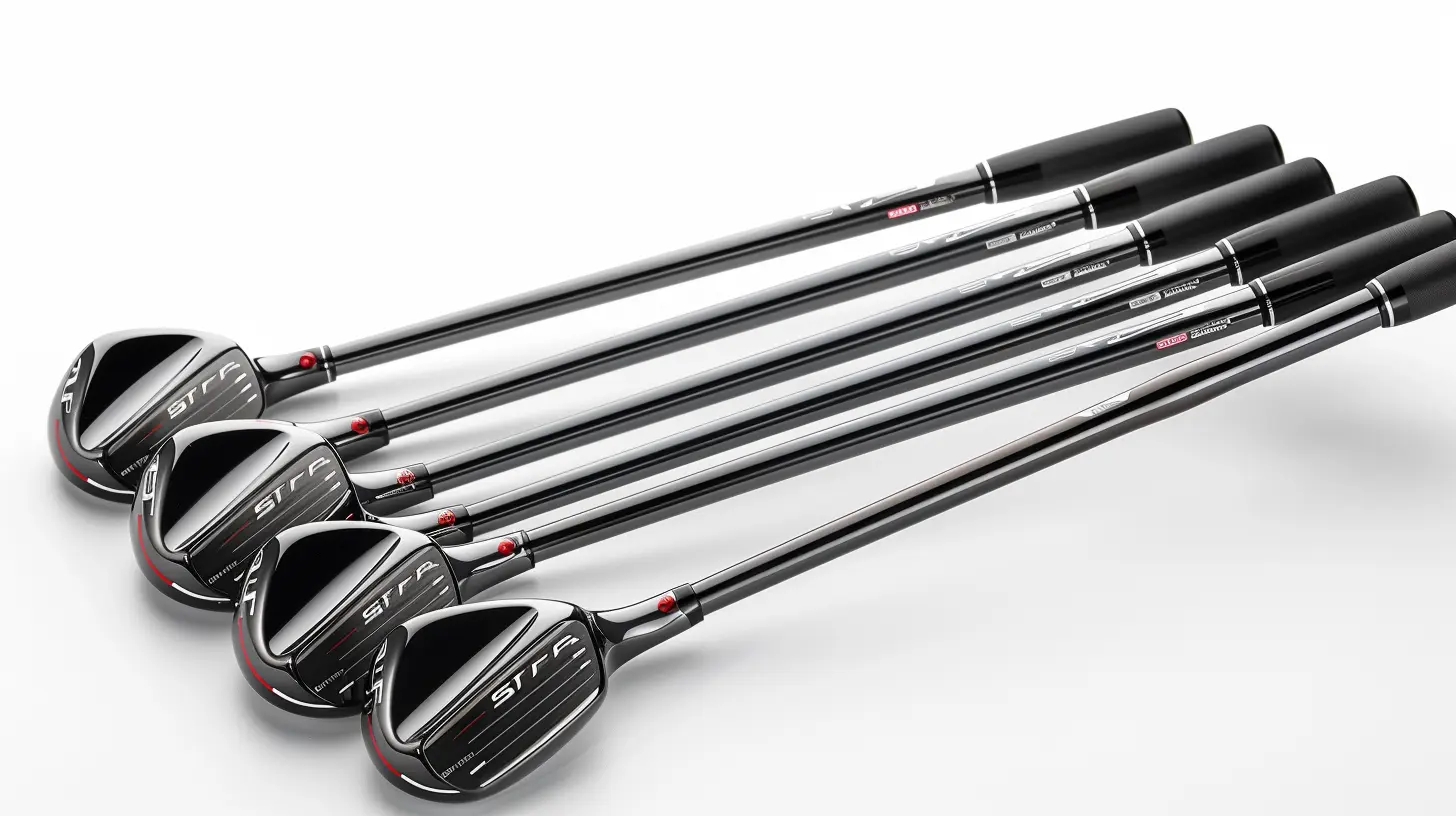
How Many Clubs Do You Need?
You’re allowed to carry up to 14 clubs in your bag, but do you really need all of them? The answer depends on your skill level and personal preferences.For Beginners
If you're just starting out, you don't need a full set of 14 clubs. A basic starter set with a driver, a couple of fairway woods, a few irons (say 6 through 9), a wedge, and a putter will be more than enough to get you going.For Intermediate Players
As you improve, you might want to expand your set to include more specialized clubs, like additional wedges or hybrids, to fill distance gaps in your bag.For Advanced Players
Once you reach a more advanced level, you'll probably want to have a full set of 14 clubs so that you're prepared for any situation on the course. At this point, every yard counts, and having the right club for every shot can make a big difference.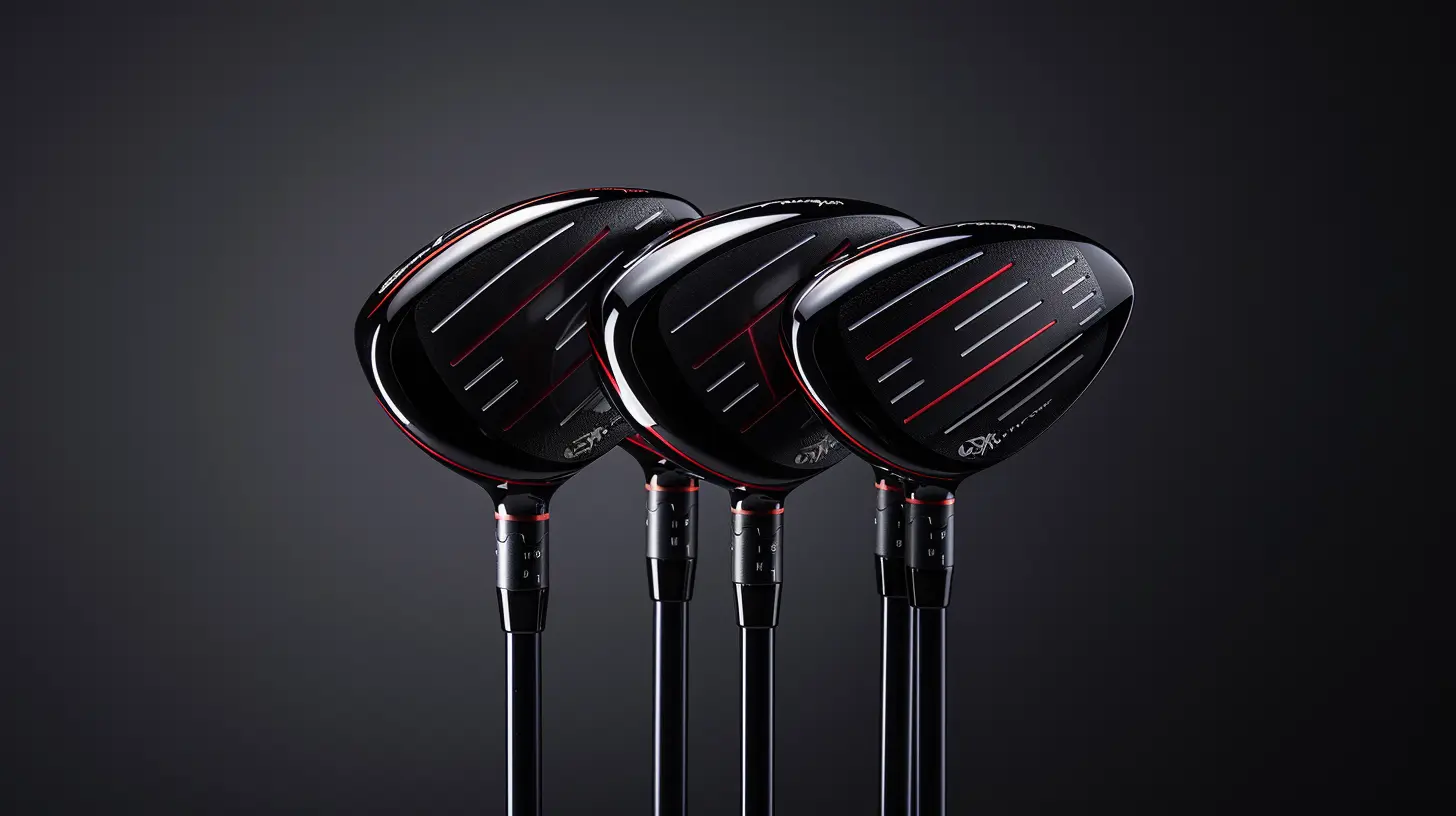
Should You Buy a Complete Set or Build Your Own?
When shopping for golf clubs, you’ll typically have two options: buying a complete set or building your own by purchasing individual clubs. Each approach has its pros and cons.Complete Sets
Complete sets are a great option for beginners or casual players who want a convenient, affordable way to get all the clubs they need. These sets typically include a driver, fairway woods, irons, a wedge, and a putter. Some even come with a golf bag.Pro Tip: If you're new to golf or on a tight budget, a complete set is a fantastic way to get started without overthinking it.
Custom Sets
If you're more experienced or have specific preferences, you might prefer to build your own set. This allows you to choose each club individually, ensuring that you get exactly what you need for your game.Pro Tip: While building your own set can be more expensive, it's worth it if you're looking to fine-tune your equipment for maximum performance.
Final Thoughts
Buying the perfect set of golf clubs is a personal journey. There’s no one-size-fits-all solution, but by understanding the different types of clubs, considering your skill level, and knowing what factors to look for, you’ll be well on your way to making a smart, informed decision. Remember, the right clubs won’t make you a pro overnight, but they will help you play to the best of your ability and enjoy the game more.So, whether you're hitting the links for the first time or looking to upgrade your current set, take your time and choose wisely. Golf is a game of precision, and the right clubs will help you hit that sweet spot every time.

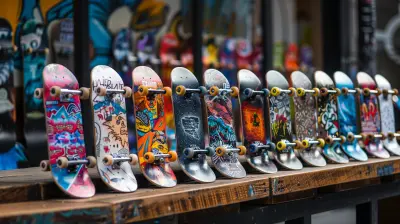





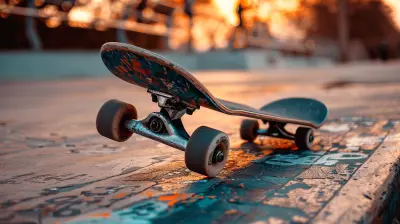


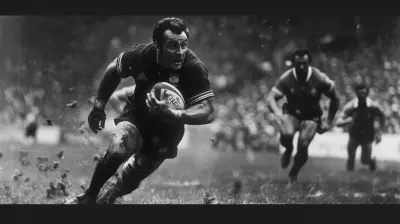
![The Future of the Game: How [Player Name] is Leading the Next Generation](/pictures/blog/small/the-future-of-the-game-how-player-name-is-leading-the-next-generation_3.webp)
Mary Snow
Stop settling! Invest wisely and elevate your game!
March 26, 2025 at 9:55 PM